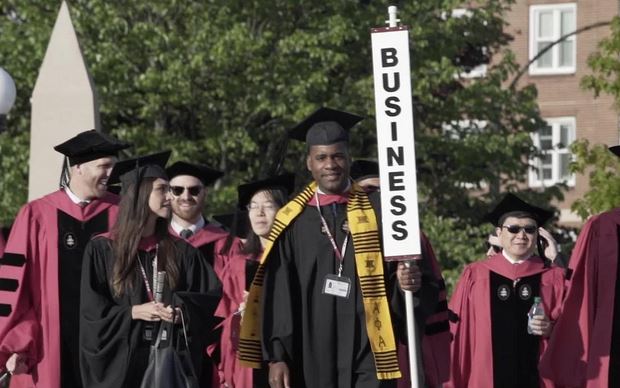×
The Standard e-Paper
Fearless, Trusted News

Human capital flight, also known as brain drain, has in many ways dented Kenya’s economic prospects let alone its academic and professional standing in the region. There’s nothing to celebrate about it. When trained and talented workers opt to serve in other countries, we simply lose our investments in basic, tertiary and higher education.